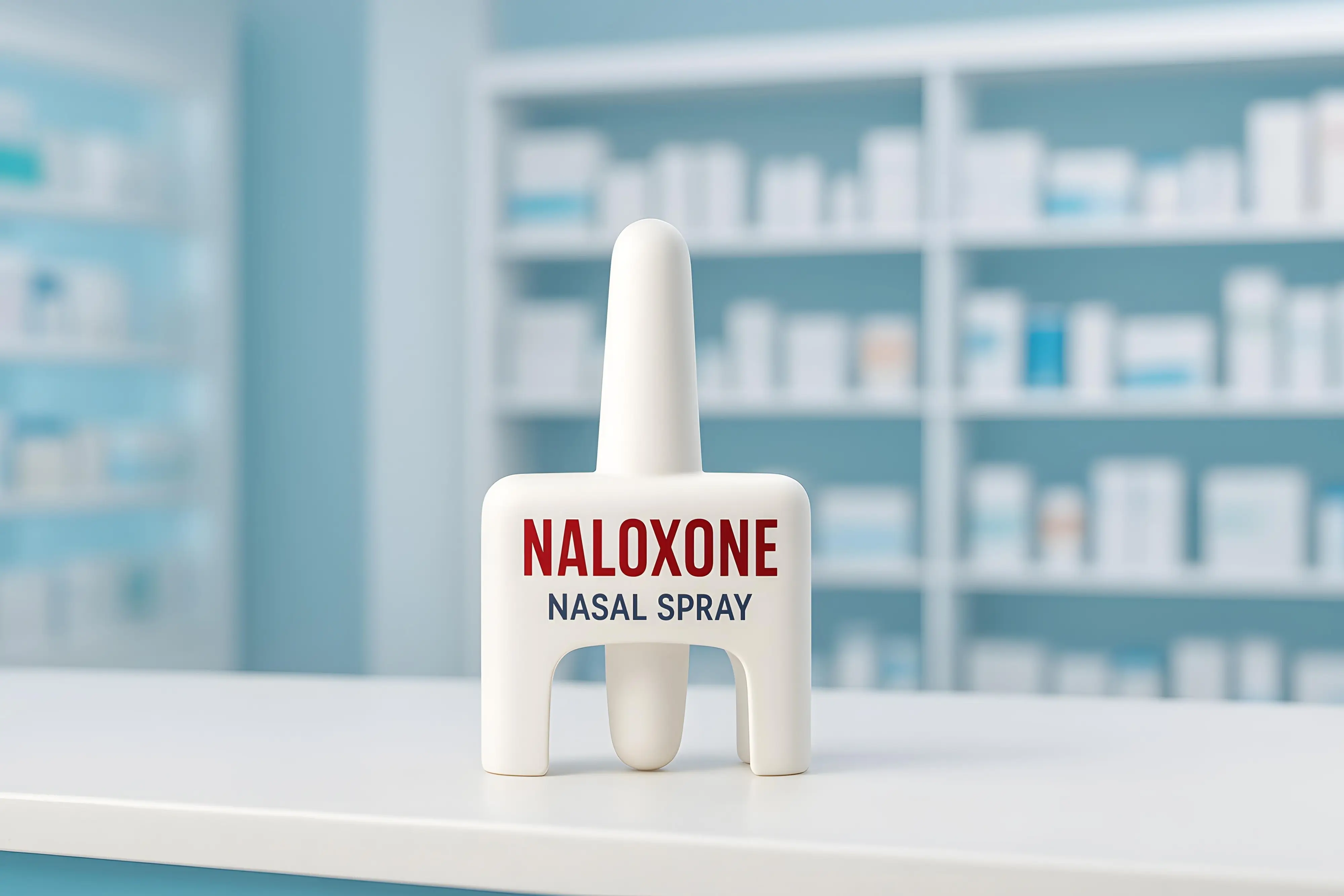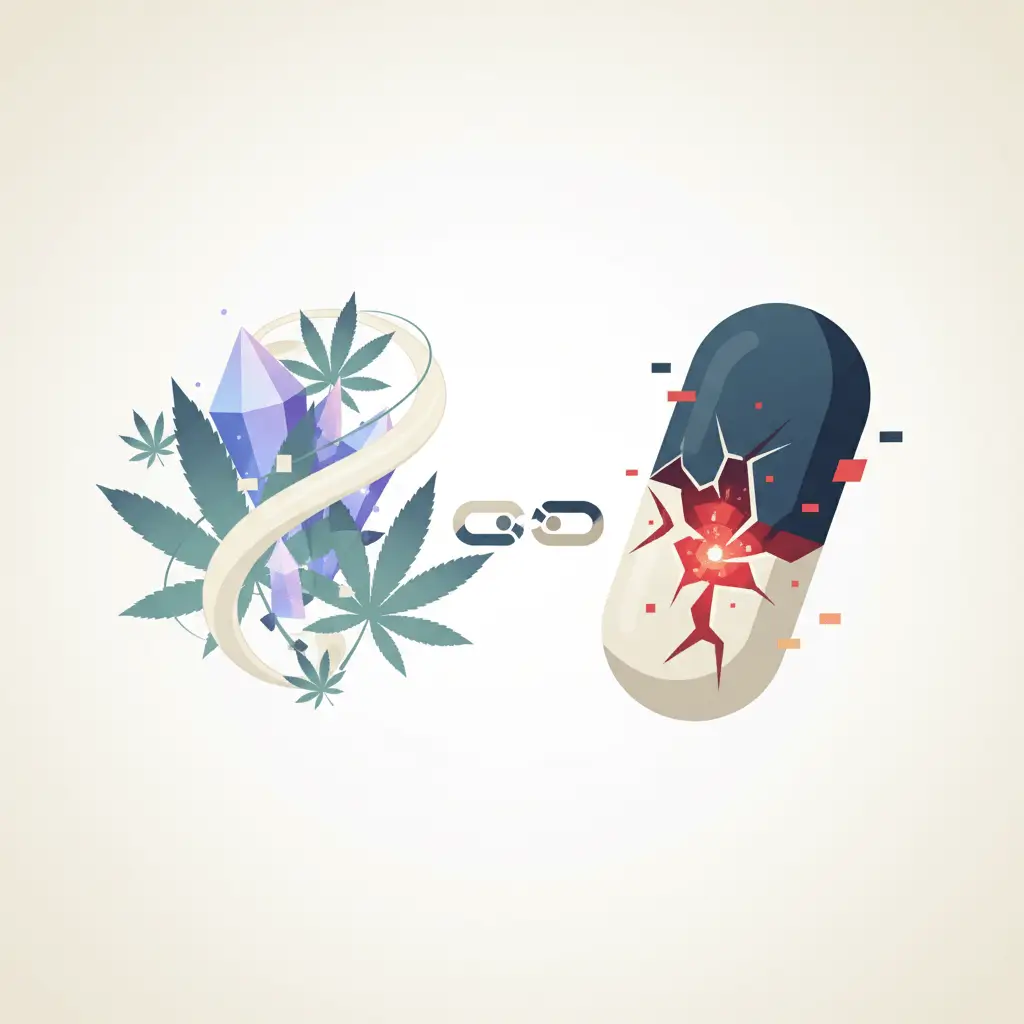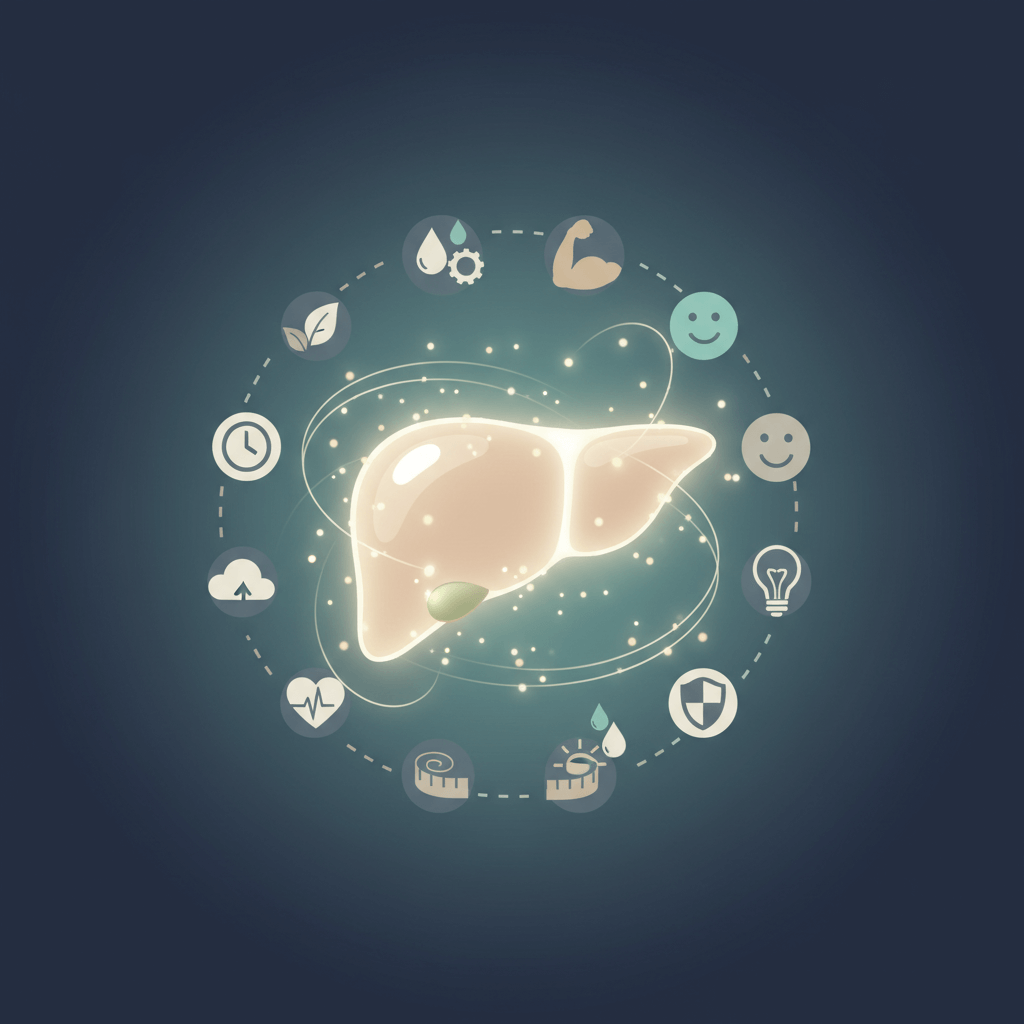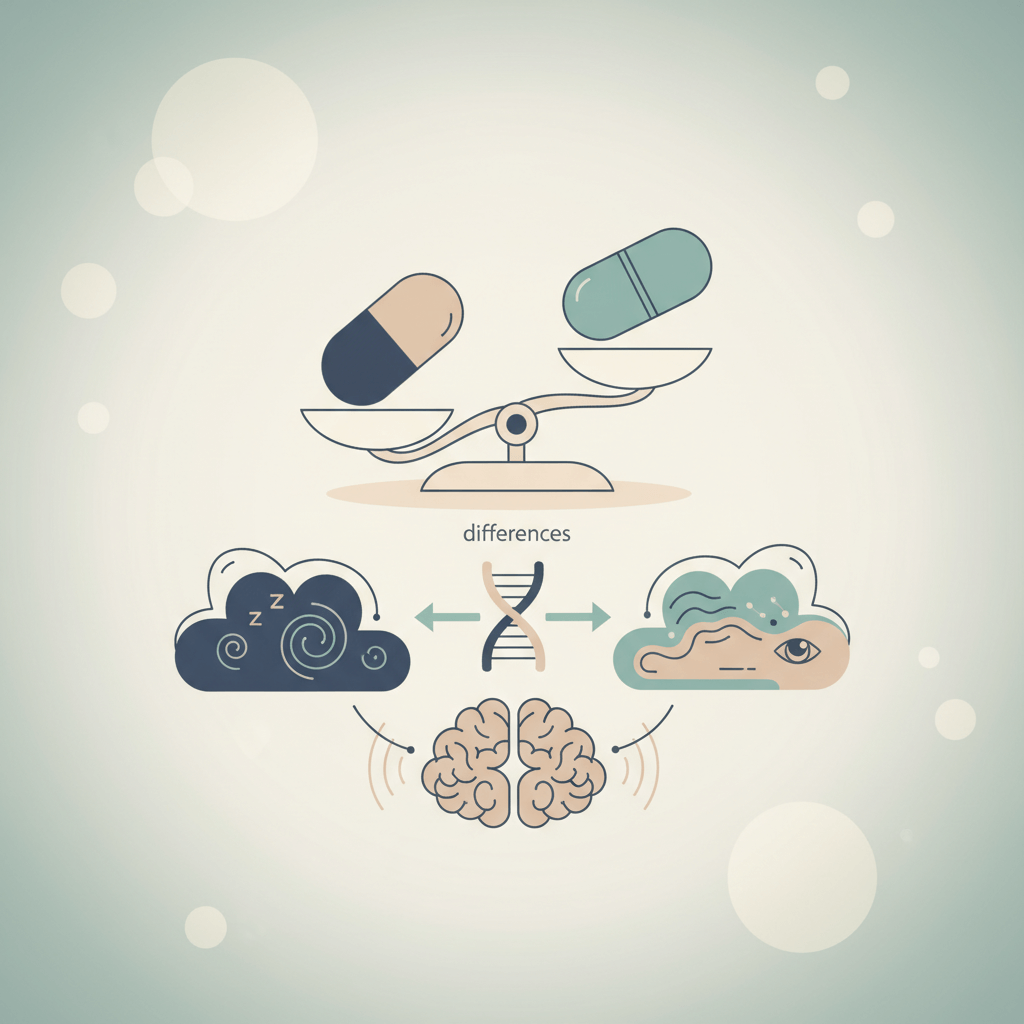Understanding Addiction
Addiction is a complex and multifaceted condition that affects individuals from all walks of life. It is important to have a comprehensive understanding of addiction and the factors that influence its development. This section will provide an introduction to addiction and explore the various factors that contribute to its onset.
Introduction to Addiction
Addiction is a chronic, relapsing disorder characterized by compulsive drug seeking and use, despite negative consequences. It is often accompanied by physical and psychological dependence on a substance, making it difficult for individuals to control their drug use [1]. Addiction can have severe and long-lasting effects on a person's physical and mental health, as well as their relationships, finances, and overall quality of life.

Factors Influencing Addiction Development
The development of addiction is influenced by a combination of biological, psychological, social, and spiritual factors. These factors interact and contribute to the complexity of addiction. Understanding them is crucial for effective prevention, intervention, and treatment.
- Biological Factors: Genetics play a significant role in addiction. About half of a person's risk of developing a drug addiction is based on their genetic makeup. Epigenetics, which studies how parts of one's environment can affect genetic code, also plays a role in determining an individual's risk for addiction. Environmental influences can modify genetic risk and contribute to differences in addiction susceptibility among individuals.
- Psychological Factors: Psychological factors, such as personality traits, mental health disorders, and coping mechanisms, can contribute to the development of addiction. Some individuals may use drugs as a means of self-medication for underlying mental health issues, while others may be more prone to impulsive behaviors or have difficulty managing stress and emotions.
- Social Factors: Social influences, including family, peer group, and cultural beliefs, significantly impact addiction development. Family dynamics and learned behavior patterns can contribute to the normalization of substance use within certain households. Societal norms, peer pressure, and the accessibility of drugs also play a role in shaping an individual's risk for addiction. Additionally, sociocultural factors, such as cultural beliefs and societal attitudes towards substance use, can influence the prevalence and acceptance of addiction within a particular culture.
- Spiritual Factors: Spirituality can be an important aspect of addiction recovery for some individuals. Exploring personal values, finding purpose, and cultivating a sense of connection and meaning in life can contribute to long-term sobriety and well-being.
By understanding the multifaceted nature of addiction and the factors that influence its development, we can take a comprehensive approach to prevention, intervention, and treatment. Addressing biological, psychological, social, and spiritual factors can help individuals overcome addiction and lead fulfilling lives in recovery.
The Stages of Addiction
Understanding the stages of addiction is crucial in recognizing and addressing substance abuse issues. Addiction typically progresses through various stages, each with its own characteristics and implications. The stages of addiction are as follows:
Stage 1: Initiation of Substance Use
The initiation stage marks a person's first encounter with a substance. It typically occurs before the age of 18, and it's worth noting that most individuals with addiction issues have tried their drug of choice before turning 20. During this stage, individuals may be influenced by factors such as curiosity, peer pressure, or a desire for novelty.
Stage 2: Experimentation
Experimentation involves trying a substance in various contexts and situations to observe its effects. It is often driven by social reasons or stress management. Individuals in this stage may use substances sporadically and might not yet display signs of addiction. Experimentation allows individuals to gain firsthand experience with the substance and determine their preferences and limits.
Stage 3: Regular Use
Regular use is characterized by a pattern of substance use that is not necessarily daily, but rather associated with specific situations or triggers such as loneliness, boredom, or stress. At this stage, individuals may start to rely on the substance to cope with certain emotions or to enhance their mood. Regular use can gradually escalate, leading to negative consequences in different areas of life, such as relationships, work, or academics.
Stage 4: Risky Use
Risky use follows regular use and often involves consuming substances in higher quantities or in dangerous circumstances. This stage is associated with an increased willingness to take risks and a decreased ability to control substance use. Negative consequences may become more evident, such as impaired work or school performance, financial difficulties, or legal issues like arrests for driving under the influence (DUI) [4].
Stage 5: Dependence and Addiction
Stage 5 marks a significant transition from recreational or medical use to dependence on the substance. At this stage, individuals feel that they need the drug to function normally, either physically or psychologically. Dependence can manifest as tolerance (needing higher doses for the same effect) and withdrawal symptoms when substance use is stopped or reduced. Addiction affects various aspects of an individual's life and can lead to severe repercussions on their health, relationships, and overall well-being.
Understanding the stages of addiction can help individuals and their loved ones identify the signs and intervene earlier in the process. Early recognition and intervention offer a greater chance of successful treatment and recovery. If you or someone you know is struggling with substance abuse, it's crucial to seek professional help and support.
Addiction and the Biopsychosocial Model
Understanding addiction requires a comprehensive approach that takes into account various factors contributing to its development. The biopsychosocial-spiritual model categorizes the underlying causes of addiction broadly as biological, psychological, social, and spiritual factors.
Biological Factors
Biological factors play a significant role in addiction. These factors include genetic predisposition, brain chemistry, and physiological responses to substances. Some individuals may be more susceptible to addiction due to genetic factors, making them more vulnerable to the effects of drugs or alcohol. Additionally, certain substances can alter brain chemistry and create a physical dependence, further reinforcing addictive behaviors.
Psychological Factors
Psychological factors also contribute to the development of addiction. Mental health conditions such as anxiety, depression, and trauma can increase the risk of substance abuse as individuals may turn to drugs or alcohol as a form of self-medication. Moreover, behavioral patterns, personality traits, and coping mechanisms can influence an individual's susceptibility to addiction. Factors like low self-esteem, impulsivity, and difficulty managing stress can contribute to the development and maintenance of addictive behaviors.
Social Factors
Social factors play a crucial role in addiction as well. Cultural beliefs and influences can shape societal perspectives on substance use, impacting the likelihood of addiction within a given culture [3]. Family dynamics also have a significant impact, particularly in cases where children grow up in households with parents who are addicted to drugs or alcohol. These children may perceive substance abuse as normal due to learned behavior patterns. Additionally, societal norms, peer group influence, and social pressures can compel individuals to excessively consume alcohol or drugs as a coping mechanism or to fit in with certain social groups.
Spiritual Factors
Spiritual factors, although less commonly discussed, can also contribute to addiction. Spirituality involves finding meaning, purpose, and connection in life. Lack of spiritual fulfillment or a sense of disconnectedness can lead individuals to seek solace in substances as a means of filling the void or escaping from emotional pain. Conversely, a strong sense of spirituality and connection to a higher power or community can provide individuals with the support and resilience needed to overcome addiction.
By understanding the interplay between biological, psychological, social, and spiritual factors, we can develop a more comprehensive understanding of addiction. This holistic approach allows for personalized and effective interventions that address the underlying causes of addiction and promote lasting recovery.
Sociocultural Influences on Addiction
Addiction is a complex issue influenced by various sociocultural factors. These factors can significantly impact an individual's susceptibility to addiction and their attitudes towards substance use. In this section, we will explore how cultural beliefs, family dynamics, societal norms, and peer group influence contribute to the development and perpetuation of addiction.
Cultural Beliefs and Addiction
Cultural beliefs and influences play a significant role in shaping attitudes towards substance use. Different cultures may have varying perspectives on the acceptability and permissibility of drug or alcohol consumption. Cultural norms and values can impact an individual's perception of substance use, leading to differences in rates of addiction and patterns of substance abuse. Understanding cultural influences is crucial for addressing addiction on a broader scale and tailoring interventions to specific cultural contexts.
Family Dynamics and Addiction
The family unit is recognized as one of the strongest social influences in the development of addiction. Children of parents addicted to drugs or alcohol may perceive substance abuse as normal due to learned behavior patterns. Family dynamics, including parental substance use, can contribute to a higher risk of addiction among children. Factors such as poor communication, lack of emotional support, and dysfunctional family relationships can also contribute to the development of addictive behaviors [3].
Societal Norms and Addiction
Societal norms and expectations shape individuals' behaviors and attitudes towards substance use. These norms can influence the perception of what is considered acceptable or unacceptable in terms of drug or alcohol consumption. Societal attitudes towards addiction can impact the willingness of individuals to seek help, the availability of treatment options, and the level of support provided to those struggling with addiction. Recognizing and challenging societal norms that contribute to stigma and barriers to treatment is essential in addressing addiction effectively.
Peer Group Influence
Peer groups have a significant influence on individuals, especially during adolescence and young adulthood. Substance abuse can create a sense of community and belonging, leading individuals to engage in drug or alcohol use to fit in with their peer group. Positive peer groups can also play a crucial role in addiction recovery, providing support and encouragement for individuals to stay drug-free [5].
Understanding the sociocultural influences on addiction helps shed light on the complexities of this issue. By addressing cultural beliefs, improving family dynamics, challenging societal norms, and promoting positive peer group influences, we can create an environment that supports prevention, treatment, and recovery from addiction. It is important to recognize that addiction is not solely an individual problem but one that is deeply intertwined with sociocultural factors.
Treatment and Recovery
When it comes to addiction, it is important to understand that it is a treatable disorder. Treatment aims to help individuals stop using drugs and regain control of their lives, allowing them to resume productive and fulfilling lifestyles. Recovery from addiction is a lifelong journey, and there are various approaches to treatment that can be tailored to each individual's needs.
Understanding Addiction as a Disease
Addiction is recognized as a chronic medical condition that affects the brain and behavior. It is characterized by the compulsive use of drugs despite the harmful consequences that may arise. It is crucial to view addiction as a disease rather than a moral failing or lack of willpower. This perspective helps reduce stigma and promotes understanding and empathy towards individuals struggling with addiction.
Types of Addiction Treatment
Treatment for addiction is not a one-size-fits-all approach. The most effective treatment plans are tailored to address each individual's specific drug use patterns and related medical, mental, and social issues. The type of treatment recommended depends on the substance of abuse and the individual's unique circumstances.
Medication-Assisted Treatment
For individuals with opioid addiction, research indicates that medication-assisted treatment (MAT) is often the first-line approach. Medications such as methadone, buprenorphine, and naltrexone can help reduce opioid cravings and withdrawal symptoms while normalizing brain function. These medications are typically combined with behavioral therapy or counseling to provide a holistic approach to recovery [6].
Medications are also available to assist in the treatment of alcohol and nicotine addiction. These medications can help individuals manage cravings and withdrawal symptoms as they work towards achieving and maintaining sobriety.
Behavioral Therapies
For individuals addicted to drugs like stimulants or cannabis, where medication-assisted treatment is not available, behavioral therapies are the primary approach. These therapies help individuals modify their attitudes and behaviors towards drug use, develop coping skills, and address underlying psychological factors contributing to addiction. Behavioral therapies can be delivered in various forms, including individual counseling, group therapy, and family therapy. They provide individuals with the necessary tools to navigate life without turning to substance use.
Relapse and Recovery
Recovery from addiction is a complex process, and relapse, or a return to drug use after attempting to stop, can be a part of the journey for some individuals. It is important to recognize that relapse rates for drug use are similar to rates for other chronic medical illnesses. Relapse does not signify failure but rather highlights the need for additional support and adjustments to the treatment plan. Relapse prevention strategies, ongoing therapy, and support from healthcare providers, family, friends, and support groups play crucial roles in helping individuals overcome setbacks and continue on their path to recovery [6].
Personalized Treatment Approaches
Addiction is a complex condition influenced by various biological, psychological, social, and spiritual factors. Therefore, personalized treatment approaches that address the individual's specific needs are crucial. Treatment plans should be flexible and adapted to the changing circumstances of each person's recovery journey. This may involve a combination of medication, behavioral therapies, support groups, counseling, and other complementary approaches. The goal is to provide comprehensive care that helps individuals achieve and maintain long-term recovery.
By recognizing addiction as a treatable disease, utilizing evidence-based treatment approaches, understanding the risk of relapse, and tailoring treatment to individual needs, individuals can embark on a path of recovery and regain control of their lives. Seeking help from healthcare providers, support groups, or treatment programs can play a vital role in supporting individuals through their journey to sobriety and long-term recovery.
References
[1]: https://www.samhsa.gov/find-help/national-helpline
[2]: https://www.webmd.com/mental-health/addiction/drug-addiction-genes-environment
[3]: https://landmarkrecovery.com/the-social-causes-of-addiction/
[4]: https://brookdalerecovery.com/7-stages-of-addiction/
[5]: https://rehabs.com/blog/5-socio-cultural-factors-that-cultivate-addiction/
[6]: https://www.drugabuse.gov/publications/drugs-brains-behavior-science-addiction/treatment-recovery
[7]: https://www.mayoclinic.org/diseases-conditions/drug-addiction/symptoms-causes/syc-20365112













